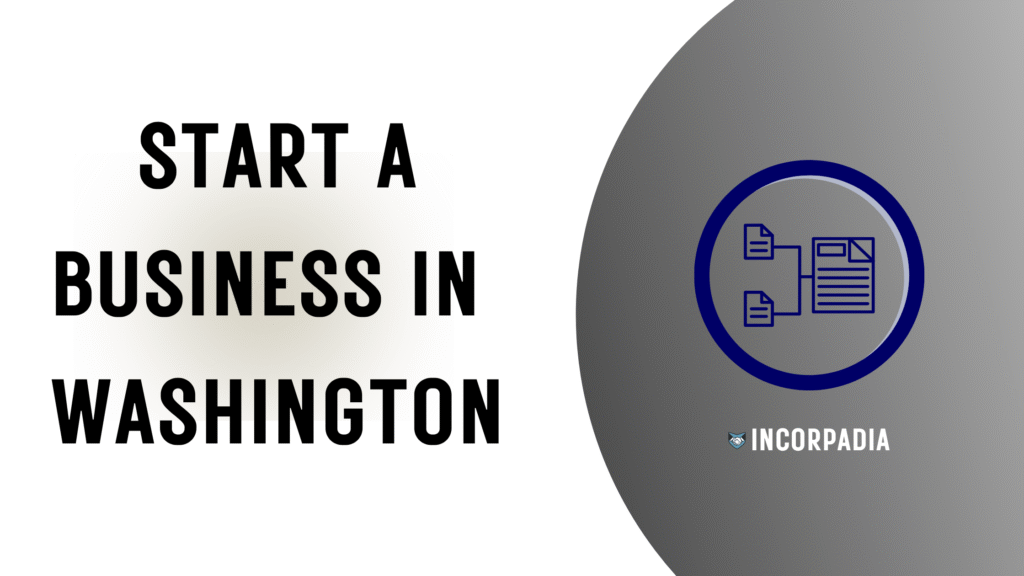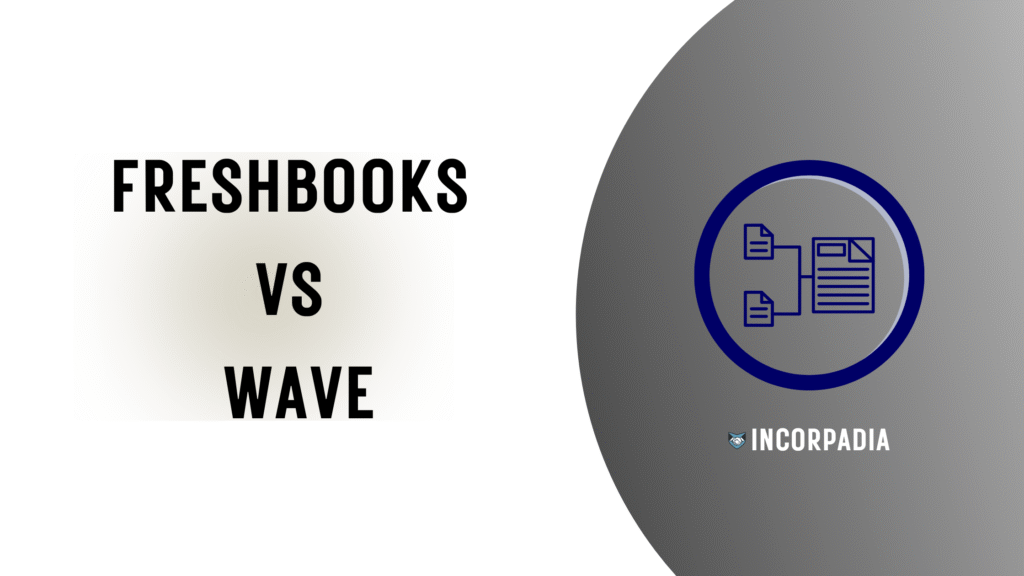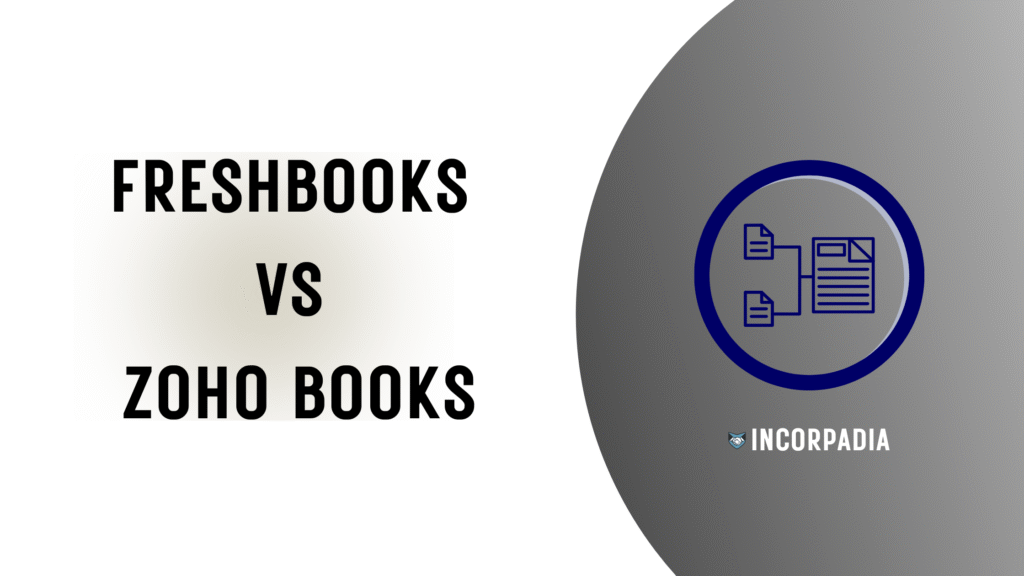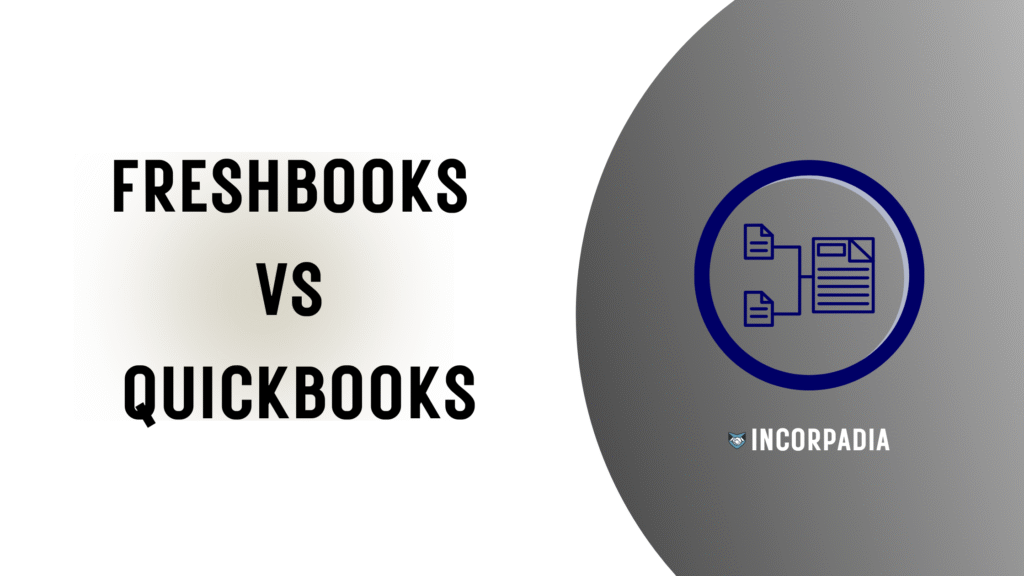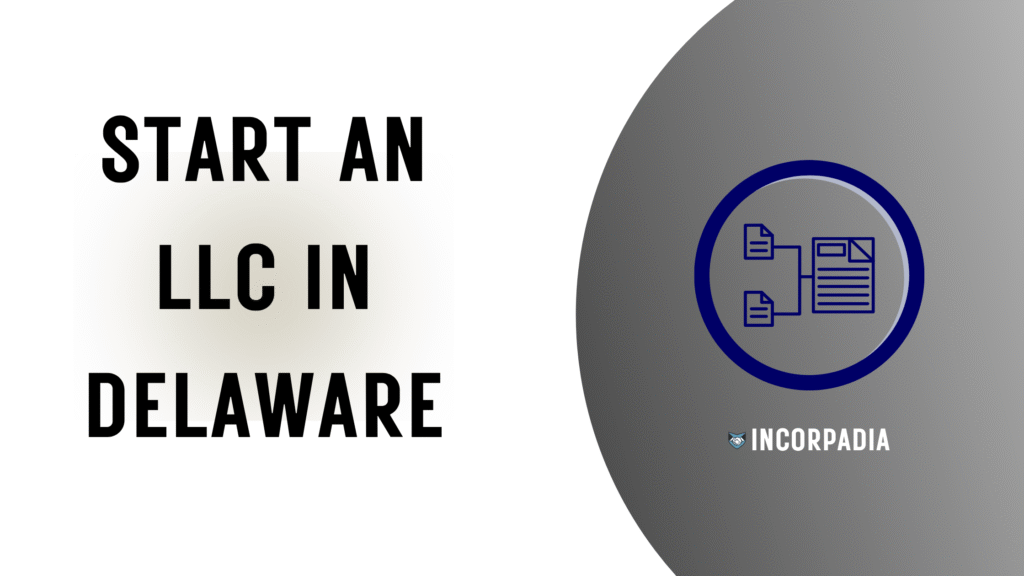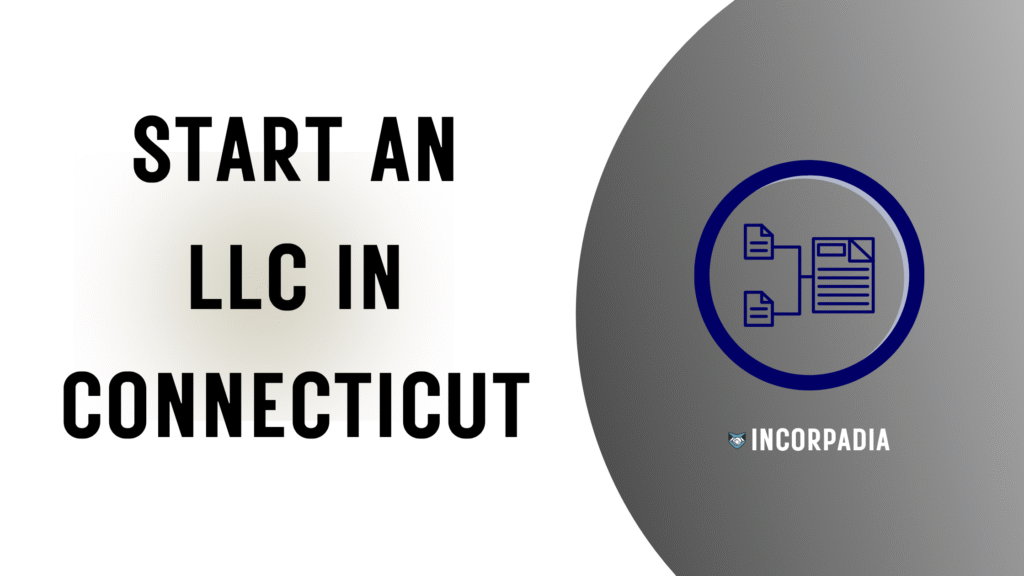Starting a business can be an exciting yet challenging journey. If you’re considering launching your entrepreneurial venture in Washington State, you’re in luck. Washington offers a business-friendly environment with a thriving economy, a highly educated workforce, and a lack of personal income tax. This guide will take you through the essential steps involved in starting a business in Washington, providing a clear roadmap to make your dream of business ownership a reality.
How to Start a Business in Washington?
Starting a business in Washington State involves a series of crucial steps. From developing a solid business plan to registering your business and marketing it effectively, the process requires attention to detail and proper planning. This step-by-step guide will break it down for you.
Step 1: Create a Business Plan
One of the first and most important steps in starting a business is creating a business plan. A well-structured business plan serves as a blueprint for your business and helps you define your goals, plan your resources, and map out your path to success.
Your business plan should cover the following areas:
1.1 Executive Summary
This section provides an overview of your business idea, vision, mission, and goals. It’s typically written last but placed at the front of the plan. The executive summary should capture the essence of your business and make investors or potential partners want to read more.
1.2 Business Description
Here, describe your business in detail. What products or services will you offer? What are your business’s core values and mission? In this section, you’ll also want to identify your target market and your business’s competitive advantage.
1.3 Market Research
Thorough market research helps you understand your industry and competitors. It includes identifying your target audience, analyzing customer needs, and assessing the size of the market. This section also covers the strengths and weaknesses of your competitors and how you can offer something unique.
1.4 Organization and Management
This section defines the structure of your business. Will it be a sole proprietorship, a partnership, or a corporation? Describe the key management roles and responsibilities. If you plan to hire employees, outline the types of roles you need and how you will recruit and manage them.
1.5 Product or Service Line
What are you selling, and why is it valuable to your target customers? This part of the business plan should focus on the unique features and benefits of your products or services. Explain how they solve a problem or fulfill a need in the market.
1.6 Marketing and Sales Strategy
How will you promote your business and attract customers? In this section, outline your marketing strategy, which may include digital marketing (such as social media or search engine optimization), traditional advertising, and public relations efforts. It should also cover how you plan to sell your product or service, including pricing strategies and sales tactics.
1.7 Financial Projections
Lastly, financial projections are a key part of the business plan. This section should include projected income statements, balance sheets, and cash flow statements. Financial projections help you set realistic expectations for revenue and expenses, and they’re crucial when seeking financing from investors or lenders.
Step 2: Choose a Business Entity in Washington
Choosing the right business entity is a critical decision for both your business structure and taxation. In Washington, you have several options, each with its advantages and disadvantages. Let’s explore the most common types of business entities:
2.1 Sole Proprietorship
A sole proprietorship is the simplest and most common business structure for individuals who want to start a business alone. In this structure, the business and the owner are legally considered one entity. The owner is responsible for all liabilities and debts.
Advantages:
- Easy to set up.
- Minimal paperwork and legal requirements.
- Full control over business decisions.
Disadvantages:
- The owner is personally liable for business debts and obligations.
- Limited ability to raise capital.
- Not ideal for businesses with high-risk potential.
2.2 Limited Liability Company (LLC)
A Limited Liability Company (LLC) combines the liability protection of a corporation with the tax benefits of a partnership. LLCs are popular among small business owners because they offer flexibility and protection without the complexity of a corporation.
Advantages:
- Personal liability protection for business debts and obligations.
- Pass-through taxation, meaning profits and losses pass through to the owners’ personal tax returns.
- Flexible structure and management.
Disadvantages:
- Requires more paperwork and filing fees than a sole proprietorship.
- May be subject to additional state taxes and fees.
2.3 Corporation
A corporation is a separate legal entity from its owners, providing the highest level of liability protection. Corporations can raise capital by issuing stock, making them a popular choice for larger businesses.
Advantages:
- Strong liability protection for shareholders.
- Ability to raise capital by selling shares.
- Can offer stock options to employees.
Disadvantages:
- More expensive to form and maintain.
- Subject to more regulations and oversight.
- Double taxation (corporate taxes and shareholder taxes on dividends).
2.4 Limited Liability Partnership (LLP)
A Limited Liability Partnership is a business structure where partners have limited liability for the debts of the business. It is often used by professionals like attorneys, accountants, and architects.
Advantages:
- Protection from personal liability for business debts.
- Flexible management structure.
- Profits and losses pass through to individual tax returns.
Disadvantages:
- Requires at least two partners.
- Some restrictions on who can form an LLP depending on the state.
Step 3: Determine Your Washington Business Costs
Before starting your business in Washington, it’s essential to have a clear understanding of your startup costs. These costs will vary depending on your business type, size, and location, but here are some common expenses you should consider:
3.1 Business Registration Fees
Washington State charges registration fees based on the business structure you choose. For example, registering an LLC or a corporation requires filing with the Washington Secretary of State, which incurs filing fees. These fees can range from $180 for LLCs to $200 or more for corporations.
3.2 Business Licenses and Permits
Certain types of businesses in Washington require specific licenses or permits. The costs for these licenses can vary depending on your industry, location, and business activity. A state business license costs around $90, while local licenses may incur additional fees.
3.3 Office Space and Utilities
If you need a physical location for your business, you will need to factor in rent or mortgage payments, utilities, and office supplies. Commercial real estate prices in Washington vary by city, so Seattle, for example, tends to be more expensive than smaller towns like Spokane.
3.4 Equipment and Inventory
Whether you’re buying computers, machinery, furniture, or inventory, these costs can add up quickly. Depending on your business, you may need specialized equipment or a large inventory to get started.
3.5 Marketing and Advertising
You’ll also need to invest in marketing and advertising to build brand awareness and attract customers. This can include building a website, social media marketing, paid ads, and promotional materials.
Step 4: Name Your Business in Washington
Choosing the right business name is crucial for brand recognition and success. Your business name should be unique, memorable, and reflective of your brand.
When naming your business in Washington, follow these guidelines:
- Check Name Availability: Before finalizing your business name, make sure it is available by checking the Washington Secretary of State’s business name database.
- Ensure It’s Trademarked: You may also want to ensure your name is not already trademarked at the federal level by the U.S. Patent and Trademark Office to avoid any legal issues down the line.
- Make It Relevant: Your name should represent the nature of your business and resonate with your target audience.
Step 5: Register Your Business in Washington
Once you’ve chosen your business name and legal structure, it’s time to officially register your business. Here are the steps to follow:
5.1 Get a Washington Registered Agent
A registered agent is a person or company that will receive legal documents on behalf of your business. This is a required step for LLCs and corporations.
5.2 Apply for Washington Formation Document
For LLCs, you need to file a Certificate of Formation, while corporations require filing Articles of Incorporation. Both of these documents can be filed online through the Washington Secretary of State’s office.
5.3 Apply for an EIN
An Employer Identification Number (EIN) is required for tax purposes. You can apply for an EIN online through the IRS. It’s a simple and free process.
Step 6: Apply for Business License and Permits
After registering your business, you must obtain the necessary business licenses and permits. Washington requires businesses to have a state business license, and additional permits may be required depending on the industry and locality.
For example, food-related businesses need health permits, while construction companies need specialized permits. Make sure you check with local authorities for specific requirements.
Step 7: Get a Business Bank Account
Separating your personal and business finances is crucial for accurate record-keeping and tax purposes. Opening a business bank account helps streamline this process and can simplify financial management.
Step 8: Market Your Business in Washington
After setting up your business, it’s time to let people know about it. Marketing your business effectively is key to attracting customers. Here are a few strategies to consider:
- Build an Online Presence: In today’s digital age, having a professional website and an active social media presence is essential.
- Local Networking: Attend local events and join business groups in your area to connect with potential customers.
- Advertising: Consider local advertising, such as radio, print media, or online ads targeting Washington residents.
Important Information
Do You Need Business Insurance?
Yes, getting business insurance is important. Even if Washington doesn’t require it by law for all businesses, insurance can protect you from unexpected events, such as accidents, lawsuits, or property damage. Common types of business insurance include:
- General Liability Insurance: Covers damages or injuries caused by your business activities.
- Property Insurance: Protects your physical assets.
- Workers’ Compensation: Required if you have employees, covering medical expenses for work-related injuries.
What Is the Most Profitable Type of Business?
The most profitable business types vary depending on location, industry, and market demand. However, businesses in tech, healthcare, and professional services tend to be highly profitable. Do thorough market research to identify the best opportunities for your business.
FAQs
How long does it take to start a business in Washington?
The time it takes to start a business in Washington can vary depending on your structure and registration process. Typically, it may take a few days to a few weeks to complete all steps.
How much does it cost to start a business in Washington?
Startup costs can vary. On average, small businesses may spend $1,000 to $5,000, depending on their needs and the licenses required.
Can I run a business from home in Washington?
Yes, many home-based businesses are allowed, but you must check local zoning laws and obtain any necessary permits.

